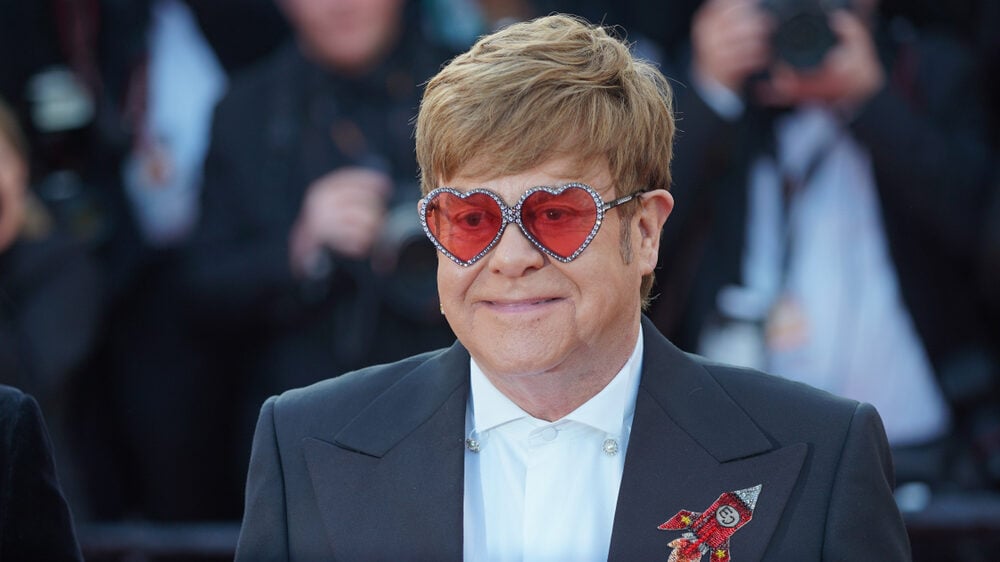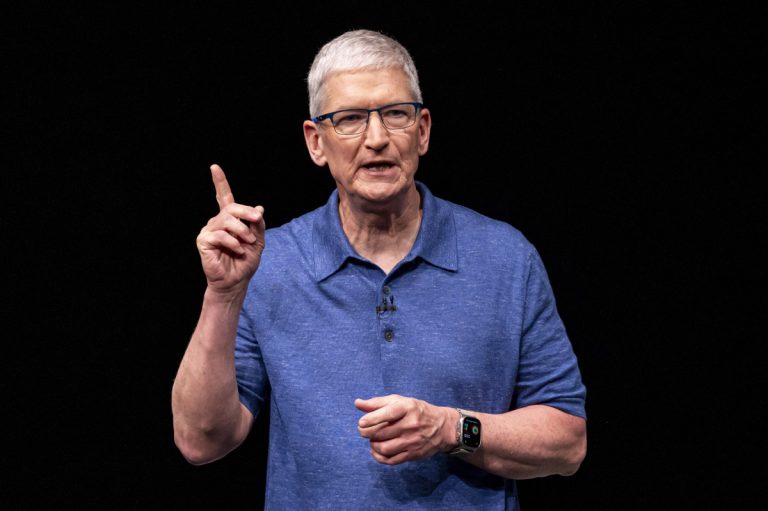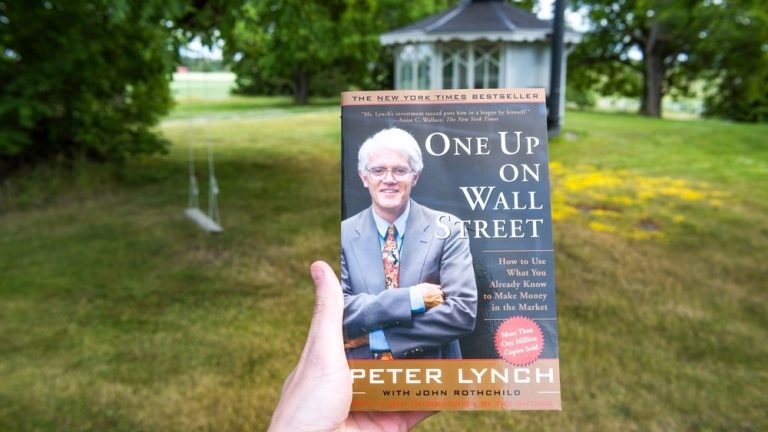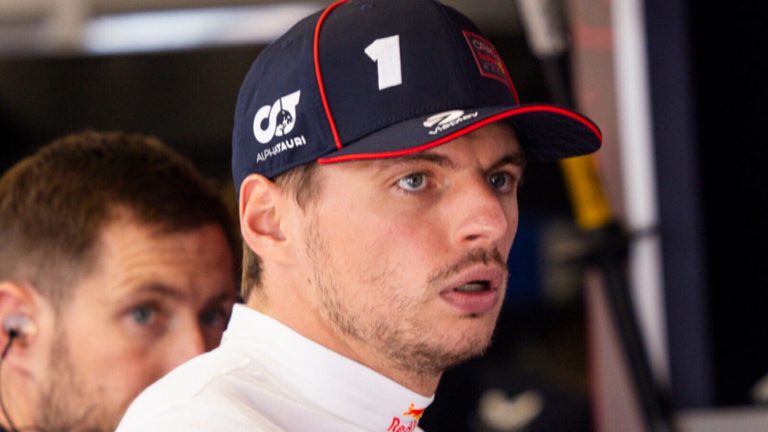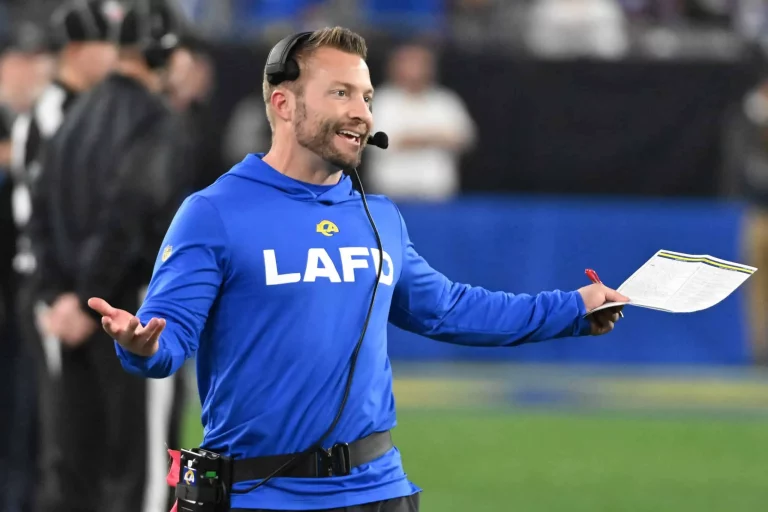The UK government appears to be attempting to defuse criticism over proposed copyright reforms that would benefit AI companies at the expense of artists and creators.
The Guardian reported Wednesday (April 30) that ministers have drafted amendments to the data bill that include promises to conduct an economic impact assessment of the controversial changes and publish reports on transparency, licensing and data access for AI developers.
The reported concessions come ahead of a parliamentary vote next week. They follow significant pushback from prominent artists including Paul McCartney, Tom Stoppard, and Elton John, who said the proposed reforms ride “roughshod over the traditional copyright laws that protect artists’ livelihoods.”
The issue centers around the UK government’s plan to allow AI companies to use copyrighted works for training their models without seeking permission unless copyright holders explicitly opt out.
The Guardian said critics have already dismissed the government’s concessions as inadequate. Cross-bench peer Beeban Kidron said the amendments did not “meet the moment,” while the Liberal Democrats announced plans to table their own changes that would require AI companies to adhere to existing copyright law.
“Pushing the issue into the long grass with reports and reviews does not meet the moment.”
Beeban Kidron, British MP
“Pushing the issue into the long grass with reports and reviews does not meet the moment,” Baroness Kidron was quoted by the newspaper as saying. In January, Baroness Kidron passed amendments to the data bill in the House of Lords aimed at strengthening copyright protections.
She’s now questioning why the government isn’t “protecting UK property rights, why it is not recognizing the growth potential of UK creative and innovative business, and why it has not heeded UK AI companies who say the government is privileging US and Chinese-based companies at the expense of our own.”
The conflict highlights growing tensions between AI companies and the creative sector amid AI developers’ often unauthorized use of copyrighted material in training models.
Peter Kyle, who was appointed Secretary of State for Science, Innovation and Technology in July 2024, has reportedly held more than two dozen meetings with tech sector figures during his first months in office, but none with the creative industry.
Kyle has now acknowledged that his focus on meeting with tech industry representatives had angered creative professionals, The Guardian said. This week, Kyle held a meeting with music industry figures, where CISAC President Björn Ulvaeus stressed the UK’s need to maintain its leadership in the creative industries by adopting AI while still conforming to copyright rules.
“Copyright is the oxygen which creators and the creative economy depend on for their existence and survival. They cannot be sacrificed… I am convinced that the AI revolution can be not only the biggest, but also the best, revolution that the creative industries have faced,” Ulvaeus told parliamentarians.
“That is possible, but only if there is a legitimate, mutually-respecting partnership between creators and AI operators,” the ABBA co-founder said at the meeting that was also attended by PRS, Lord Kevin Brennan and members of the House of Lords.
Government sources have argued that without reform, AI companies will relocate to countries with less restrictive copyright rules, The Guardian reported. They reportedly argued that this would leave UK creators with no way to challenge the use of their material by foreign companies.
“Copyright is the oxygen which creators and the creative economy depend on for their existence and survival. They cannot be sacrificed.”
Björn Ulvaeus, CISAC
A government source reportedly told the newspaper that ministers are not set on the “opt-out” system and were “looking much more broadly and are more open-minded.”
However, one unnamed Labour MP told the newspaper that ministers were “giving in to US tech with no credible substantive proven job numbers in return. At best it’s substitution and outsourcing, at worst it’s total cannibalization.”
The Guardian said the Liberal Democrats plan to reintroduce amendments next week that were previously removed from the bill in the House of Commons. These amendments would require AI model developers to comply with UK copyright law regardless of their location and disclose what copyrighted material has been incorporated into their systems during development.
The proposed changes also call for transparency regarding web crawlers used by AI companies to collect internet data for model training.
The UK’s AI copyright reforms have drawn criticism from across the creative industry. In February, the heads of the world’s three largest music companies backed a media campaign opposing the AI copyright exception proposal, warning it could severely damage the country’s creative industries.
Universal Music Group Chairman and CEO Sir Lucian Grainge said, “The UK stands at a decisive crossroads because what is ‘Made in Britain’ and exported to the world is not limited to physical products, but also intellectual property and copyright including music, visual art, life sciences and more.”
Warner Music Group CEO Robert Kyncl warned that the proposed legislation “would undermine the ability of artists and songwriters, copyright holders that invest in them and the creative community at large.”
Sony Music Group Chairman Rob Stringer said, “AI is going to change the world… however, there can be no question that creators must be rewarded for being part of this technological revolution.”
More than 1,000 artists including Damon Albarn, Kate Bush, and Annie Lennox released a “silent album” in February to protest the proposed changes.
Meanwhile, Google and OpenAI, two of the world’s leading AI developers, have criticized the opt-out proposal, but for the opposite reason: They see the opt-out plan as being too restrictive, making it clear they want an all-out exemption to copyright laws.
“We believe the most effective way for the UK Government to achieve its stated goals of unlocking and leveraging the broad benefits of AI for its citizens is through a broad text and data mining exception (TDM), as described in Option Two of the consultation proposal,” OpenAI said in a summary of its submission.
Google took a similar stance. “We believe training on the open web must be free,” the company said in its submission, as quoted by Politico.
Music Business Worldwide
